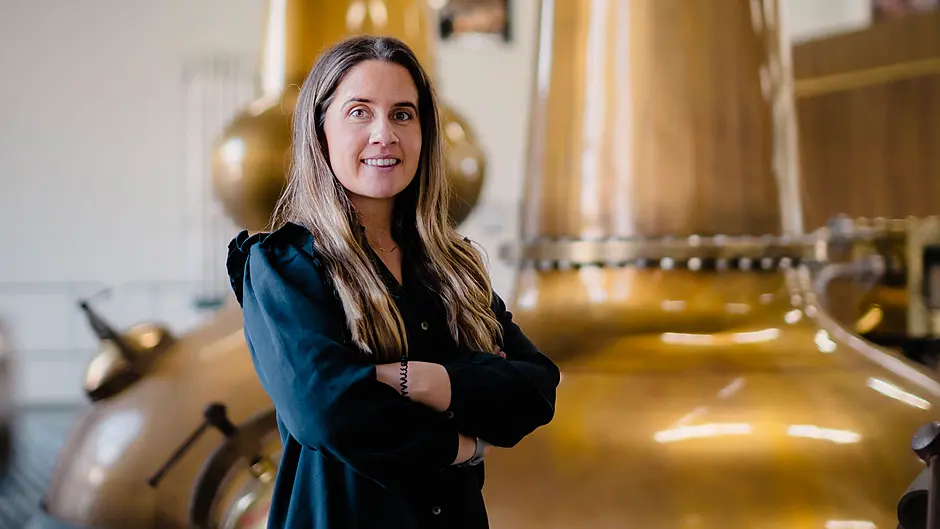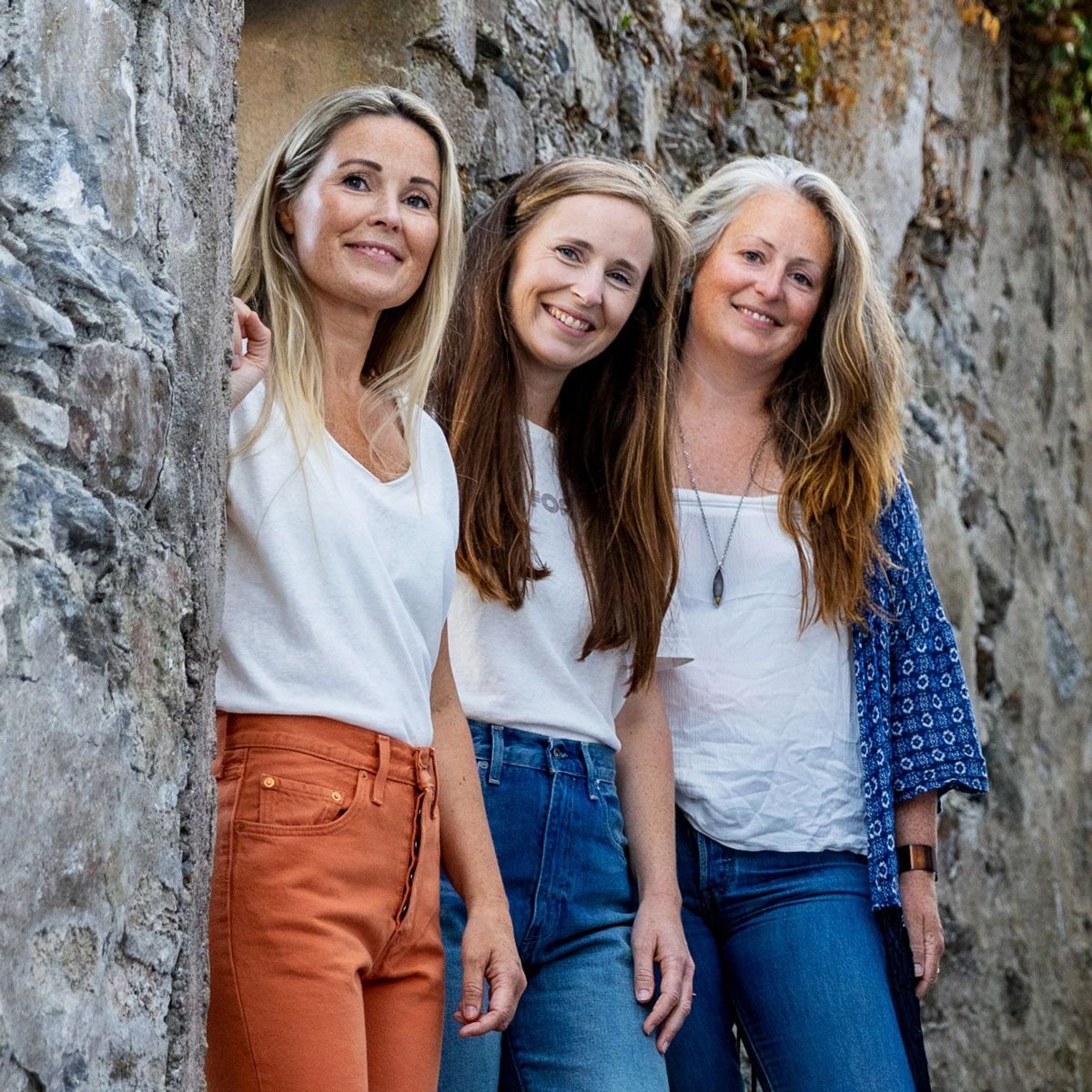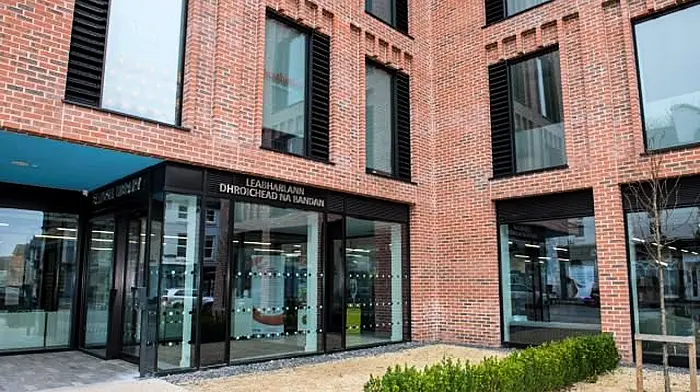Some local experts and stakeholders share their top climate actions, which they say can be implemented right here and now, in a bid to encourage everyone to help reduce emissions
Class petrol the same as smoking
Sinead Crowley, Clonakilty, lead digital designer at CoolPlanet - an Irish company simplifying decarbonisation
MY simple action is to make ‘sustainable’ the most desirable, affordable choice for everyone, always. For industry, that means choosing clean energy for power, using energy efficient systems to conserve that energy – from LEDs to refrigeration systems.
For governments it means ensuring our building stock generates more energy than they use whilst being built/refrofitted in a low-carbon manner – creating healthy spaces for those inside and out.
Making walking, cycling, public transport car sharing and electric cars the first port of call – classing petrol power in the same way we do smoking today. A country where choosing local, plant-based (occasionally meat/fish) diet is the number one choice and where nothing is wasted.
For individuals, it means the green choice becomes the simple, most affordable one – from deciding how to get to work in the morning to choosing how to heat your home. Where voting with our Euros (and political votes) always backs the businesses and politicians putting all of the above at the forefront.
But making it a reality is a bit trickier. But the thing is, reaching net zero by 2050 is a big challenge for the world but also a huge opportunity. For businesses, reducing their carbon makes them more profitable and more competitive. For governments it has huge health benefits for the population (cleaner air, water etc), creates jobs, thriving local, biodiverse environments and booming businesses.
For individuals it means feeling healthier (both physically and mentally), feeling more connected to both people and the planet, having a better quality of life – the list goes on. As one of my favourite quotes says: ‘We don’t need a handful of people being perfectly sustainable, we need millions of people doing it imperfectly.’
Promote use of agricultural hemp
Kinsale sisters, Aoife & Orla Lynch, of sustainable clothing Firkail.ie; and Katie Lynch, life, health and sustainability coach, A Gut Feeling.ie
RUNNING businesses in sustainable clothing and environmental and human health, we advocate for urgent measures to support soil health and biodiversity in Irish landscape. We think this will support sustainable agriculture, reduce emissions, and mitigate impacts on environmental and human health from climate change.
Biodiversity including hedgerows, trees and crop diversity, can capture carbon, support soil health, capture chemical run-off to protect our waterways and in the case of crops like agricultural hemp, provide a profitable, sustainable crop yield.
In a climate crisis, we can’t afford to categorise a useful plant like agricultural hemp under the Misuse of Drugs Act rather than supporting its use in agriculture.
Agricultural hemp is a rotational crop with a 60-110 day growing cycle. It can be seeded using a seed drill and there are many varieties depending on the end-products.
The plant components have many uses for animals and humans including food, fabric and health products. The seed is a nutritional feed for farm animals and the stem inner core is suitable animal bedding as it is highly absorbent, insulating, reduces dust and offers odour retention. Hemp can also provide soil re-generation, prevent soil run-off and protect waterways.
A good example of what can be done is the EU-funded Hemp4Soil project which is planting hemp in regenerative farming practices to improve soil quality and biodiversity while generating income streams for farmers on the Loop Head, Clare.
We need to be encouraging, incentivising and mandating biodiversity and soil health measures and de-regulating agricultural hemp production to support soil health and climate policy objectives.
Introduce a four-day working week
Dr Ciarán O’Carroll, director of development, Change By Degrees
THE climate action I would like to see implemented immediately is universally popular, would create jobs, improve people’s mental and physical health and strengthen communities. It is the four day working week.
A shorter working week with no loss of pay supports people to take better care of their health and wellbeing whilst also significant reducing their carbon emissions.
Ireland is currently among a number of countries taking part in a worldwide initiative trialling a four-day week with no loss of pay involving than 3,000 workers at 70 companies.
In Iceland, recent trials have shown that productivity remained the same or improved in the majority of workplaces as a shorter work week led to more efficient meetings and fewer sick days. In Britain, a recent study found that moving to a four-day week would reduce the UK’s emissions by 127m tonnes, a reduction of more than 20% and equivalent to taking the country’s entire private car fleet off the road.
I recently moved to a four-day week and alongside a better work life balance it has given me more time to spend with my family and take on more caring responsibilities. I believe that this is a climate action that is a win-win for everybody – business, employees and governments – and will help ensure the benefits of the move to a low carbon economy are widely shared.
Install solar panels
Dr Paul Deane, Clonakilty-based senior researcher in clean energy futures with Science Foundation Ireland’s MaREI Centre in UCC
IRELAND is known more for wind and waves rather than sunshine, but advances in solar technology and reductions in cost now make it an attractive technology for residential electricity generation in Ireland.
Solar panels that produce electricity are known as solar photovoltaic (PV) modules.
These panels generate electricity when exposed to light and solar PV is one of the fastest growing power generation technology worldwide.
Solar PV systems produces electricity that can be used to power your home and heat water.
Solar PV systems will still function on overcast days in Ireland although not at their maximum rated capacity.
Solar PV systems are rated in kilowatts (kW). A 1kW solar PV system would require two to three solar panels on a roof and will generate most of its electricity between May to September. A typical home in West Cork with 2.4 kW (six to seven panels) of solar panel could generate over one third of their annual electricity and saving €500 a year in electricity bills with the system paying back for itself in 10 years.
You are also reducing your greenhouse gas emissions by over half a tonne a year, meaning solar is great for the planet and also great for your pocket.









